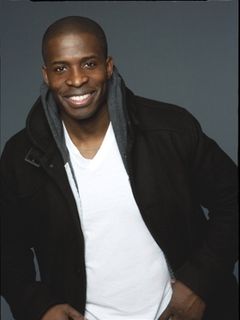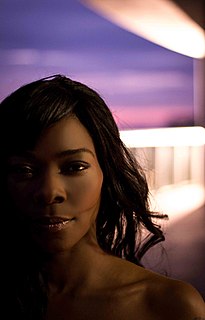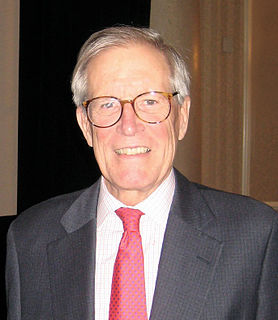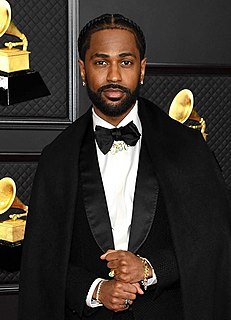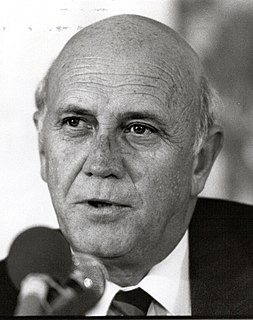A Quote by Godfrey
I went to University of Illinois. Big school. 35,000 students. 800 black... I was the only black in every class. Hard to be absent.
Related Quotes
There is still an assumption among many people that to be black is to be lower class. In the last fifteen to twenty years, perhaps even further back than that, there's also been an explosion of a very wealthy black class in the United States, but those people are often treated as special cases: they're athletes, entertainers. Jay-Z. Basketball players. The country metabolizes the fact these rich black people exist, but it seems only to reinforce the idea that every other black person is limping along in poverty.
I come from a real working class background, and I didn't know anyone sophisticated - except I saw Edie Sedgewick once at the Art Museum in Philly. She had these black leotards and little black pumps and this big ermine cape and all these white dogs and black sunglasses and black eyes. She was classy!
The university should color itself black and color itself mulatto — not just as regards students but also professors. Today the people stand at the door of the university, and it is the university that must be flexible. It must color itself black, mulatto, worker, peasant, or else be left without doors. And then the people will tear it apart and paint it with the colors they see fit.
Actually we've had a black bourgeoisie or the makings of a black bourgeoisie for many more decades.In a sense the quest for the emancipation of black people in the US has always been a quest for economic liberation which means to a certain extent that the rise of black middle class would be inevitable. What I think is different today is the lack of political connection between the black middle class and the increasing numbers of black people who are more impoverished than ever before.
When I was in high school, I was in a special math class. I was infatuated with physics, particularly nuclear physics, Einstein, and the Big Bang. I read a lot about black holes. And partly because I'm so lazy I thought you could do all this just by looking at the sky and thinking up universes. It didn't seem like hard work when I was a kid, so I enrolled in this class.
Race is not the only differential in South Africa, in the new South Africa, where all schools are open, mother-tongue education is a very big issue. One of the main reasons why the dropout figure of black students, and the lower pass rate of black students in the present education system, and it was like that before, was that we didn't have mother-tongue education.
The Organization of Afro-American Unity was an organization that was a secular group. It largely consisted of people that we would later call several years later Black Powerites, Black nationalists, progressives coming out of the Black freedom struggle, the northern students' movement, people - students, young people, professionals, workers, who were dedicated to Black activism and militancy, but outside of the context of Islam.
I went to the graduation the other night of my first great grandchild - he's 21 or 22; and right at the graduation I looked, and 92 percent of those who graduated at the University of Illinois were females. Where can a Black female, who are now the lawyers, the engineers; they are the ones graduating with top degrees; where will they find in a Black male a counterpart that is equal to them? We are filling the jails, we are filling the prisons.
